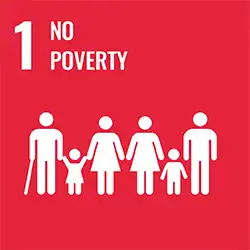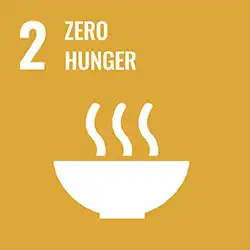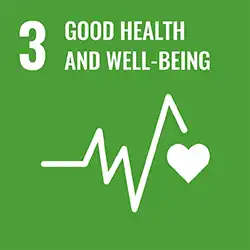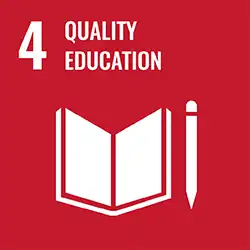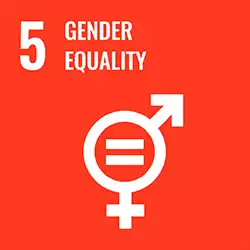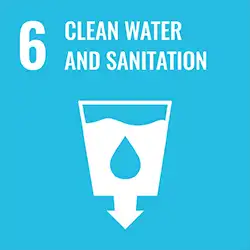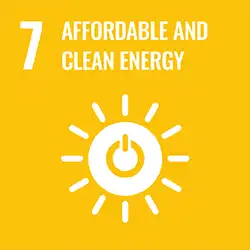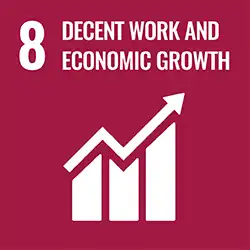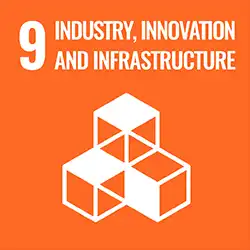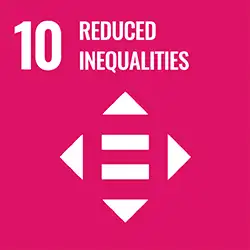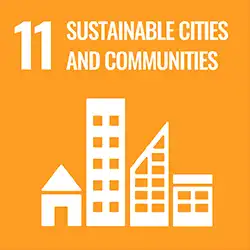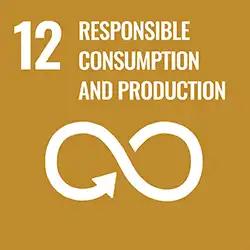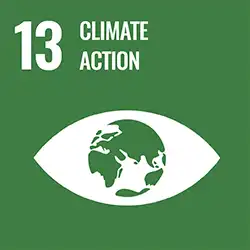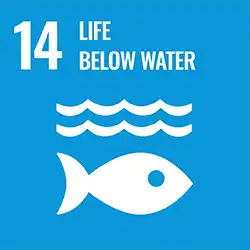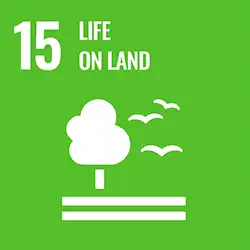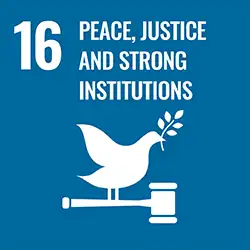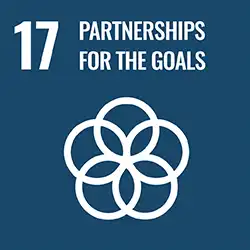Browse by Topic
SDG Readiness Platform is a blue print for a better future. And together we can reach them. By following the SDG Goals we can all help make tomorrow better than today. Lets do this!. For the Goals to be reached, Every one needs to do their part; Governments, Business Groups, Civil Societies and People like you!
IMPACT OF EDUCATION AND LEARNING ON ALL SDGs is fundamental to the achievement of all the Goals, as progress in education is also linked to solutions for many of the world’s most pressing challenges. And the reverse is also true; impact on the other Goals affects education.
The Global Goals
For Sustainable Development
Why do the Sustainable Development Goals matter?
The environment and social factor underlies in each of these goals – from eliminating hunger to reducing inequalities to building sustainable communities around the world.
We are committed to working with all concerned parties to support the achievement of the 17 UN Sustainable Development Goals (SDGs). We promote environmental sustainability as a crucial enabling factor in implementing the SDGs and ensuring the health of our planet. We build countries’ capacities to track their progress toward the goals, and we aim to ensure that the environment is integrated into all aspects of sustainable development.
The 2030 Agenda for Sustainable Development and its 17 Goals (SDGs) call for collaboration and partnership like never before. Achieving the SDGs requires us to look at complex global challenges through many different dimensions. The SDG Readiness Platform was created to do just that — by acting as a connector, amplifier, question asker and innovator. This toolkit is a living document that captures the Platforms journey by providing insight into the methods, tools and techniques that, if used, can enable you or your organization to deliver on the Agenda. The toolkit can be used as the foundation for your own lab or to inspire new ways of working, it can help you in:
- Localizing the SDGs to your context
- Building a lab
- Experimenting with others
- Testing new tools
- Trying new ways of working (think multi-stakeholder and integrated)
- Finding out what works and what doesn’t
- Connecting with new stakeholders
- Incubating partnerships
- Co-creating solutions
- Making a case for resource mobilization
- Maximizing your unique convening power
- Learning from other implementation success and challenges
Four core principles underpin our approach to the 2030 Agenda:
Universality: The 2030 Agenda is global in nature and universally applicable, taking into account different national realities, levels of development, and respecting national policies and priorities. It is a shared agenda that requires a collective response, with countries developing their own pathways to national targets. This will require strengthened governance practice and institutions.
Integration: The 2030 Agenda moves beyond acting as if sustainable development is about three disconnected pillars. Approaches must balance and integrate the social, environmental and economic dimensions, also looking at governance, and interconnect the areas.
Human rights and equity: Inequalities are not just determined by economics. To achieve basic levels of goods and services for all; better redistribution of wealth and resources (both within and between countries); and equitable access to opportunities, information and rule of law, new approaches that build capacities at all level of society are needed.
Innovation: Innovative pathways are needed to allow countries to leap forward. The acceleration and transfer of technological innovations is a common concern.
With less than eight years to achieve the 2030 Sustainable Development Goals, there is a renewed urgency to examine global systems and balance human aspirations with the planet’s ability to sustain them.


